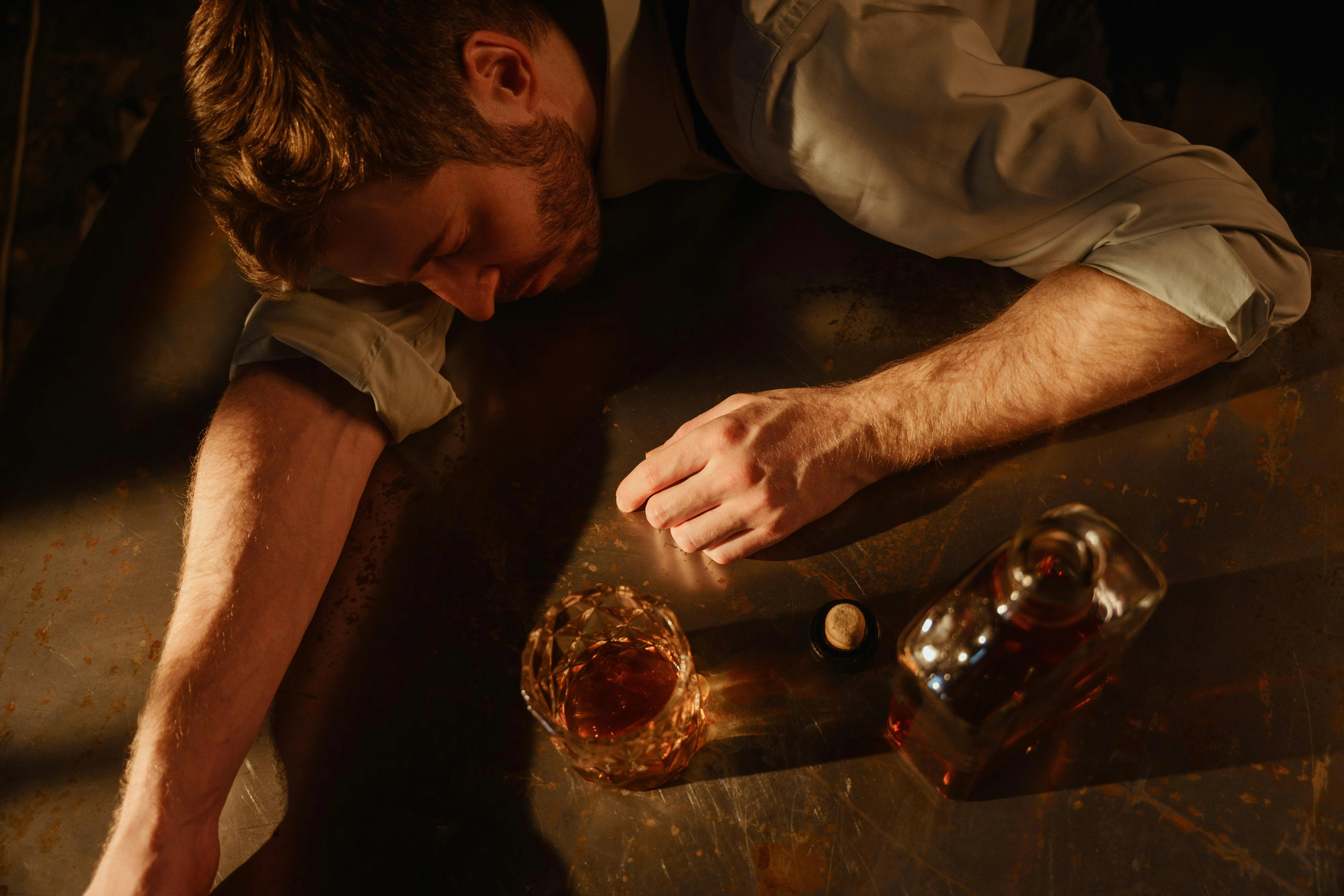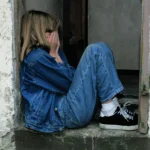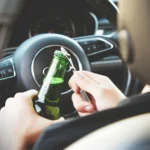If you’ve ever had a glass of wine with dinner or a cocktail at night and suddenly felt your eyelids grow heavy, you may have asked yourself: Why does alcohol make me sleepy? The answer isn’t as simple as “alcohol relaxes you.” Instead, it’s the result of changes in brain chemistry, hormone shifts, and disruptions in how your body regulates sleep. While alcohol may make you feel drowsy in the short term, it often leaves you less rested and more fatigued in the morning.
How Alcohol Works in the Brain
Alcohol is classified as a central nervous system depressant, meaning it slows down activity in your brain. When you drink, alcohol boosts the activity of a neurotransmitter called GABA, which acts like a natural sedative, calming brain signals and making you feel relaxed. At the same time, it suppresses glutamate, a chemical that normally helps keep you alert. This one-two punch, punch inhibition, and less stimulation create a strong sense of drowsiness.
There’s another twist: alcohol produces what scientists call a biphasic effect. At low levels, it can feel like a stimulant, briefly boosting mood and sociability. But as your blood alcohol level rises, the sedative side takes over. That’s when yawns kick in, your body slows down, and sleepiness sets in.
What Alcohol Does to Your Sleep Cycle
Falling asleep quickly after drinking doesn’t mean you’re getting quality rest. Healthy sleep moves through cycles of light sleep, deep slow-wave sleep, and REM (rapid eye movement) sleep. Alcohol disrupts this balance.
- Early in the night, alcohol increases deep sleep, but this comes at the expense of REM, which is essential for memory, mood, and dreaming.
- Later in the night: as alcohol is metabolized, the sedative effect fades, leading to restless tossing, frequent awakenings, or early rising.
This fragmented pattern explains why you may feel groggy even after spending a full night in bed.
Other Ways Alcohol Interferes with Rest
- More bathroom trips: Alcohol is a diuretic, meaning it makes you urinate more, interrupting sleep.
- Breathing issues: Alcohol relaxes throat muscles, which can worsen snoring or trigger sleep apnea.
- Body clock disruption: Alcohol interferes with melatonin, the hormone that regulates circadian rhythm, making natural sleep harder over time.
Why Alcohol Affects People Differently
Not everyone feels sleepy after drinking the same amount of alcohol. Genetics, body weight, age, sex, and drinking tolerance all play a role. Someone who rarely drinks may feel drowsy after a single glass, while a heavier drinker may not. Regardless, alcohol still disrupts sleep quality for both groups.
Should You Use Alcohol as a Sleep Aid?
Because alcohol makes people drowsy, some use it as a “nightcap.” While it may help you fall asleep faster, it backfires in the long run. Even moderate amounts disrupt REM sleep and increase the risk of dependence. Over time, using alcohol this way can lead to a cycle of poor sleep and heavier drinking.
Medical experts agree that alcohol is not a healthy sleep aid. True rest depends on steady, natural rhythms, not sedation.
Healthier Alternatives
If you do drink, stop at least three to four hours before bed to give your body time to process the alcohol. Staying hydrated, limiting intake, and keeping a consistent bedtime routine can also reduce its impact. Better yet, replace the nightcap with calming activities like reading, dimming lights, or deep breathing exercises.
When Sleep and Alcohol Become a Bigger Problem
If alcohol is something you rely on to fall asleep or if drinking is affecting your health, mood, or daily life, it may be a sign of a deeper issue. At California Recovery Center, we help individuals in Roseville and across California understand the impact of alcohol on both the body and mind. Our programs provide compassionate support, evidence-based treatment, and healthier tools for long-term recovery.
Alcohol might make you feel sleepy, but it doesn’t provide the restorative rest your body needs. If you’re ready to break free from the cycle of drinking and poor sleep, our team is here to guide you toward lasting recovery.




